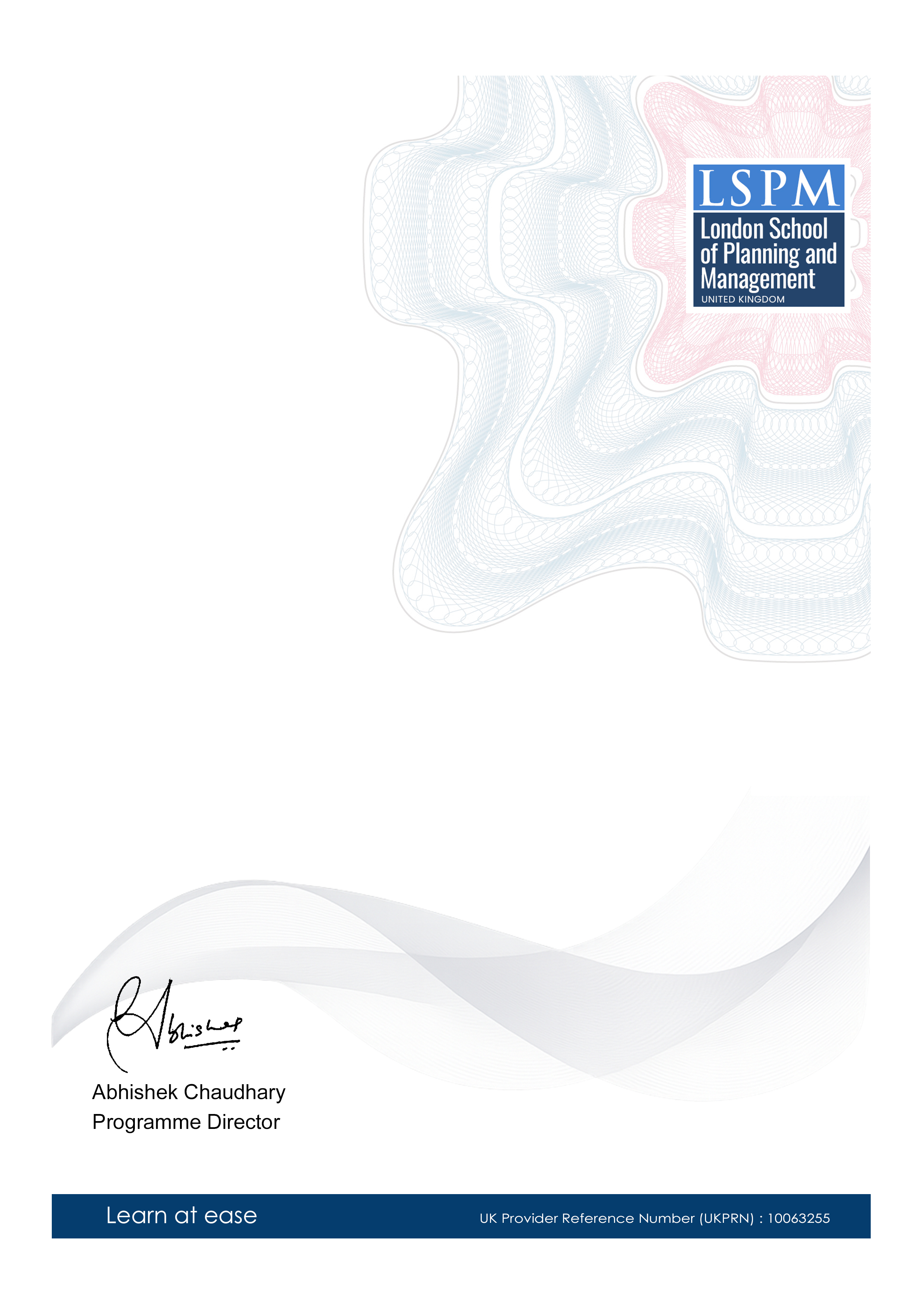Postgraduate Certificate in Mechatronics Troubleshooting Techniques
-- viewing nowThe Postgraduate Certificate in Mechatronics Troubleshooting Techniques is a comprehensive course designed to equip learners with advanced skills in mechatronics troubleshooting. This certification is essential for professionals seeking to enhance their expertise and stay updated with the latest industry trends.
5,234+
Students enrolled
GBP £ 149
GBP £ 215
Save 44% with our special offer
About this course
100% online
Learn from anywhere
Shareable certificate
Add to your LinkedIn profile
2 months to complete
at 2-3 hours a week
Start anytime
No waiting period
Course details
• Mechatronics Fundamentals
• Troubleshooting Methodologies
• Electrical Systems Troubleshooting
• Mechanical Systems Troubleshooting
• Control Systems Troubleshooting
• Software and Programming Troubleshooting
• Advanced Mechatronics Troubleshooting Techniques
• Preventive Mechatronics Maintenance
• Mechatronics System Integration and Testing
• Case Studies in Mechatronics Troubleshooting
Career path
Entry requirements
- Basic understanding of the subject matter
- Proficiency in English language
- Computer and internet access
- Basic computer skills
- Dedication to complete the course
No prior formal qualifications required. Course designed for accessibility.
Course status
This course provides practical knowledge and skills for professional development. It is:
- Not accredited by a recognized body
- Not regulated by an authorized institution
- Complementary to formal qualifications
You'll receive a certificate of completion upon successfully finishing the course.
Why people choose us for their career
Loading reviews...
Frequently Asked Questions
Course fee
- 3-4 hours per week
- Early certificate delivery
- Open enrollment - start anytime
- 2-3 hours per week
- Regular certificate delivery
- Open enrollment - start anytime
- Full course access
- Digital certificate
- Course materials
Get course information
Earn a career certificate

